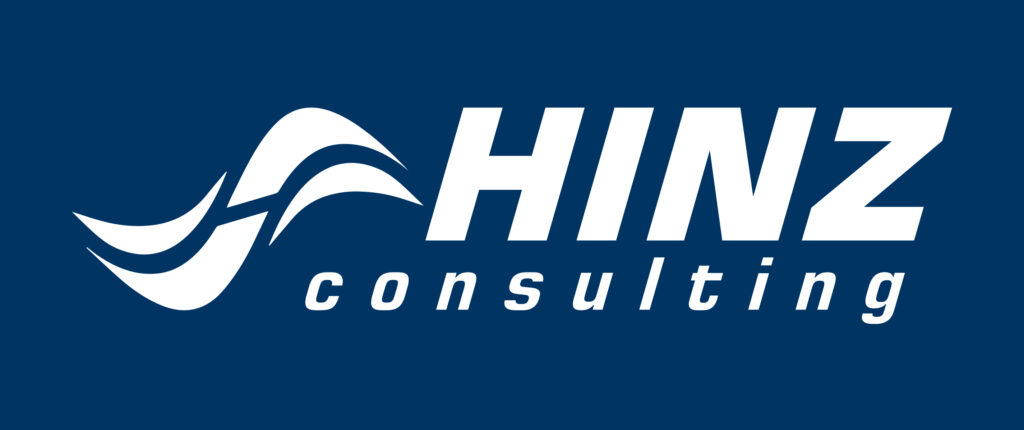Small business federal contracting offers unique opportunities for small businesses to secure steady revenue streams and establish credibility in the competitive market. Each year, the federal government spends hundreds of billions of dollars on goods and services, with a significant portion of these funds set aside for small businesses. This guide explores the benefits of small business federal contracting, key programs to consider, and actionable steps to help you succeed in this lucrative space.
Why Small Business Federal Contracting is Beneficial
Revenue Opportunities: The federal government is the largest buyer of goods and services globally, allocating billions of dollars annually for small business contracts. These funds are reserved to ensure fair competition and allow small businesses to access contracts that may otherwise be dominated by larger corporations.
Credibility and Market Growth: Securing a federal contract enhances your business’s reputation. Winning these contracts demonstrates reliability and professionalism, which can lead to additional opportunities in both the public and private sectors.
Long-Term Stability: Federal contracts often span multiple years, providing small businesses with consistent revenue streams. This stability enables businesses to focus on growth and long-term planning.
Key Federal Programs for Small Businesses

8(a) Business Development Program: This program assists socially and economically disadvantaged businesses in competing for federal contracts. Participants gain access to set-aside contracts, mentorship, and business development resources over a nine-year term.
Women-Owned Small Business (WOSB) Program: The WOSB program reserves contracts for women-owned businesses in industries where they are underrepresented. Certification is required to qualify for these contracts.
Service-Disabled Veteran-Owned Small Business (SDVOSB) Program: This program provides set-aside contracts to service-disabled veterans, offering them opportunities to leverage their experience and grow their businesses.
HUBZone Program: The Historically Underutilized Business Zone (HUBZone) program supports businesses in economically disadvantaged areas by offering access to set-aside contracts and a price evaluation preference.
Small Business Set-Asides: Federal agencies are mandated to reserve a portion of their contracting budgets for small businesses. These set-asides are an excellent starting point for businesses entering the federal contracting space.
Steps to Succeed in Small Business Federal Contracting
1. Register Your Business: Begin by registering with the System for Award Management (SAM.gov), the government’s official database for contractors. This step is mandatory and requires a DUNS number, which you can obtain from Dun & Bradstreet.
2. Identify Your NAICS Code: The North American Industry Classification System (NAICS) code categorizes your business by industry. Choosing the correct NAICS code ensures that your business is matched with relevant opportunities.
3. Obtain Certifications: Certifications such as 8(a), WOSB, SDVOSB, or HUBZone are essential for accessing set-aside contracts. Review the eligibility requirements and complete the application process to become certified.
4. Create a Capability Statement: A capability statement is a concise document highlighting your business’s qualifications, experience, and value proposition. This tool is crucial for marketing your business to government agencies and contracting officers.
5. Research Contracting Opportunities: Regularly monitor platforms like SAM.gov and agency-specific procurement portals for federal contracting opportunities. Focus on contracts that align with your capabilities and certifications.
6. Build Relationships: Networking is key in federal contracting. Attend procurement events, conferences, and workshops to connect with contracting officers and agency representatives. Building these relationships can lead to valuable insights and future opportunities.
7. Submit Competitive Proposals: Tailor your proposals to address the specific needs outlined in the Request for Proposal (RFP). Highlight your qualifications, past performance, and ability to deliver cost-effective solutions.
Challenges in Small Business Federal Contracting
Complex Compliance Requirements: Federal contracting involves strict regulations and guidelines. Businesses must familiarize themselves with the Federal Acquisition Regulation (FAR) and ensure compliance with all legal and procedural requirements.
High Competition: Despite set-asides, small businesses face stiff competition. Differentiating your business with strong proposals and proven performance is essential.
Resource Constraints: Managing federal contracts requires significant time, personnel, and expertise. Investing in the right tools and training can help overcome these challenges.
Tips for Thriving in Federal Contracting
Utilize SBA Resources: The Small Business Administration (SBA) offers free training, counseling, and mentorship programs tailored for small businesses entering federal contracting. Leverage these resources to strengthen your capabilities.
Focus on Quality: Submitting high-quality proposals that address client needs and align with evaluation criteria is critical. Attention to detail can make the difference between winning and losing a contract.
Partner Strategically: Teaming with other businesses can help small businesses gain experience and enhance their chances of winning contracts. Consider subcontracting or forming joint ventures to expand your reach.
Conclusion
Small business federal contracting is a powerful pathway to growth and stability for small businesses. By leveraging set-aside programs, obtaining necessary certifications, and building strong relationships with government agencies, small businesses can unlock significant opportunities. Success in this space requires preparation, persistence, and a commitment to delivering high-quality solutions. With the right approach, small businesses can thrive in the federal marketplace, gaining credibility, securing steady revenue, and achieving long-term growth. Contact us to learn more!


